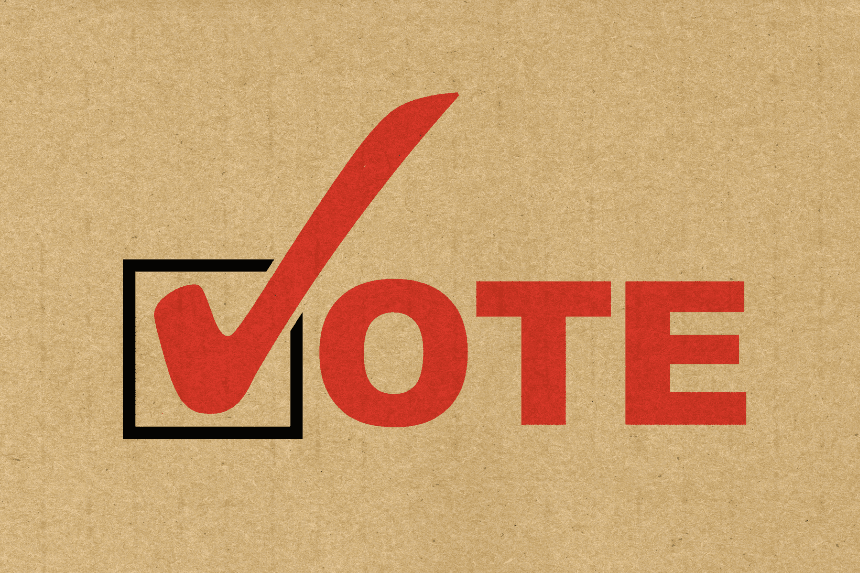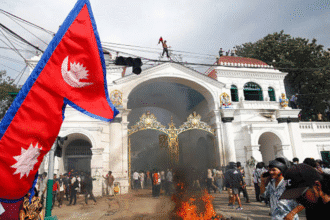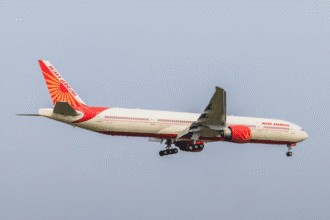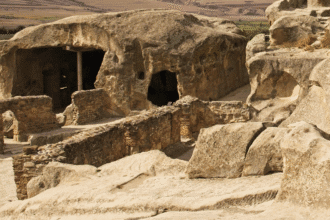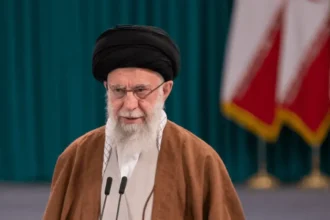Taiwan will hold a momentous referendum on Saturday that might determine the path of its political future. The Taiwan recall vote is about getting rid of MPs who are thought to be too cozy with China. The Great Recall, sometimes called “dabamian,” is the first time something like this has happened. It comes after a lot of protests and political tensions in Taiwan’s legislature. For a lot of people, this vote is more than just a political move; it’s a test of Taiwan’s dedication to democratic norms even when outside forces try to change them.
What Made People Vote to Recall Taiwan?
People were worried about China’s growing power in Taiwan’s administration, which led to the recall vote. Taiwanese people voted for President William Lai of the Democratic Progressive Party (DPP) last year, but the opposition Kuomintang (KMT) took a lot of power in the Legislative Yuan, which is Taiwan’s parliament. People were worried that the opposition was supporting China’s agenda in Taiwan because the KMT was normally more forgiving toward China than the DPP.
This caused protests in May 2024, which turned into the Bluebird movement. Civic groups started petitions to recall several KMT MPs because they were worried that the KMT lawmakers were too close to Beijing. At the same time, KMT supporters fought back by asking for the recall of some DPP lawmakers. What happened? Petitions for 31 parliamentarians’ seats, all held by the KMT, have gotten enough support to force a recall vote. Here is the link to our article on Taiwan’s Strategic Exercises.
What effect has the recall vote had on Taiwan’s political divide?
The recall vote in Taiwan has made the country’s political divisions even worse. Deng Pu, a 39-year-old photojournalist who supports the recall, says that it is an essential step to keep Taiwan’s government free and democratic. They think that China’s influence on Taiwan’s legislature hurts its democratic integrity. Civic groups have been working hard to get people to vote for the recall by putting up signs and slogans like “Say yes to the recall.”
The KMT and its supporters, on the other hand, say that the recall is undemocratic and politically motivated and that the DPP wants to take over the legislature. Some people who don’t like the DPP have even gone so far as to say that they planned the whole recall process for political advantage. They further say that even if the recall works, the KMT might win back the seats in special elections.
What Needs to Happen for the Recall to Work?
If more than 25% of registered voters in the district vote “yes” on the Taiwan recall ballot, a seat must be vacated. A majority of voters must agree to the recall. If enough members are recalled, it might change the balance of power in Taiwan’s parliament. This could give the DPP a majority and let it push through its plans. Voter turnout will be the most important thing for success. Civic groups are working hard to get people to vote, but they are also dealing with problems, including claims that some petitions include fake signatures. Here is the link to our article on Taiwan Crisis Preparedness.
What Are the Pros and Cons of the Taiwan Recall Vote?
There are big risks and rewards to the Taiwan recall vote. On the one hand, it gives Taiwanese people a chance to say how unhappy they are with MPs they think aren’t doing what’s best for Taiwan. It also shows a different kind of democratic activism, since it lets people hold their representatives directly responsible.
But the recall vote could also make Taiwan’s political scene even more divided. If the recall attempt fails, politicians might feel free to push through ideas that go against what the public wants. If it works, on the other hand, it could make the democratic process stronger by reminding Taiwan’s political elite that they are responsible to the people.
What will happen to Taiwan’s future because of the recall vote?
The recall vote in Taiwan is more than simply a political struggle; it’s a turning point in the country’s democratic development. The recall movement has already had a big effect on Taiwanese society, no matter what happens. It has brought political activism back to life and made people even more divided about Taiwan’s ties to China.
If the recall vote leads to big changes in politics, it might offer the people of Taiwan more authority to shape the path of their country. On the other hand, failure could make politics more entrenched, with both main parties sticking to their guns.
Final Thoughts
The recall vote in Taiwan is going to be a very important event in the country’s political history. Taiwan’s democracy needs to stay strong and be ready to change with the times as the recall campaigns go on. The referendum has started a new discourse about Taiwan’s independence, its democratic values, and its ties to China, no matter what the results are. In the next few days, we’ll see how far Taiwan is willing to go to safeguard its democracy.


